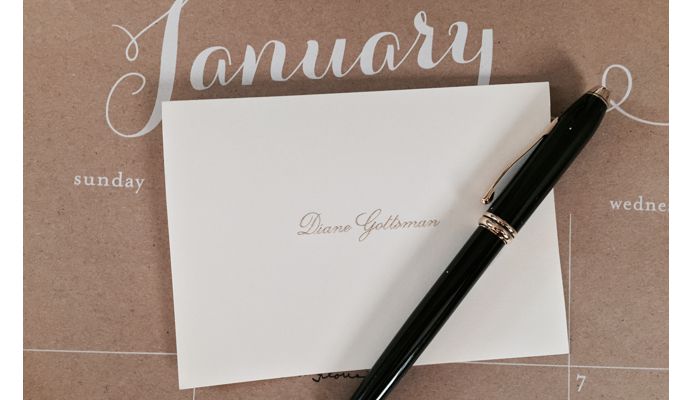Job Interview Tips: 7 Things Employers Notice

In today’s competitive job market, interview groundwork involves more than reviewing a list of commonly asked questions.

Your performance will form the basis for the company’s decision on whether or not to add you to their team.
Here are 7 qualities interviewers are closely monitoring.
1. Honesty.
In an eagerness to impress, it can be easy to get in a pattern of responding to questions with the answers you think the interviewer wants to hear, even if those answers don’t align with your feelings. Remember, you don’t have to over-inflate your achievements or try to be someone you’re not. The interview should help you both understand if you are a good fit for each other, therefore being true to your identity can prevent a lot of frustration later on, both for you and your employer.
2. Enthusiasm.
Not to be confused with constantly smiling and jumping around in your seat, this simply means exhibiting a genuine interest in the position. Explain why you are excited about the job possibility, talk about what you can bring to the organization, and share your thoughts on how you would be an asset.
3. Personality.
Interviewers are looking for cues that show you will assimilate well into the established group of employees and the corporate culture. While this isn’t something you can really prepare for, remember that the interview is an opportunity to ask questions about the company’s environment and values so you can decide if it is right for you.
4. Attentiveness.
Fully listen to the interviewer’s comments and thoughtfully respond. Never interrupt your interviewer, especially to answer what you think their question will be. Take your time to process what they are asking, and avoid the temptation to recite an overly rehearsed response without understanding what they want to know.
5. Control.
Job interviews are nerve-wracking. Do your best to come across as natural and conversational as possible. It’s normal to be a little anxious, but when you’ve done your homework and aren’t rushing around, you are better able to shine. Breathe, keep things in perspective, and stay calm.
6. Body language.
You can say all the right things, but if your body language doesn’t match your words, the interviewer will take note. Your posture should reflect your engagement in the discussion; sit up straight with your hands relaxed and natural (not fidgeting or tapping) and make frequent direct eye contact (no staring at the floor or looking at your watch). Your resting face should remain pleasant and reflect your interest in the conversation.
7. Mindset.
The interviewer needs to know that you are the kind of person they would want on their team. If you seem prone to exaggeration, are overly critical or negative, or put others (including previous employers) down to build yourself up, these are red flags to potential employers. Be the kind of person you would want to work with every day.
Read Diane’s Inc. contributions, subscribe to her articles on the Huffington Post, “like” The Protocol School of Texas on Facebook, or follow her on Pinterest and Instagram.



